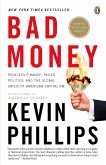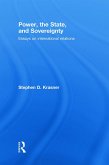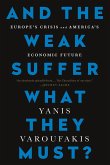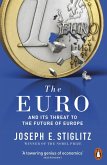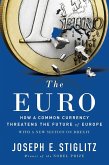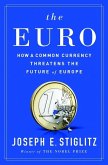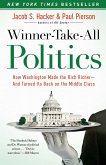This is a compilation of op-ed articles that the billionaire investor wrote as the euro crisis boiled up. As a retread, it displays Soros's knack for assessing market linkages and psychology on the fly." Malaysia Star Every essay is excellent in brevity and content, attesting to Soros' consummate skill as a writer and his level of expertise as an investor. The introduction being the lead-in to a more serious matter is the best. In an astounding clear prose Soros explains the root of the crisis, calling it the culmination of a super bubble built since the 1980s under the reign of Reaganomics and Thatcherism that advocated for minimal government interference. Soro's recount of the aftermath of the crisis is by far the clearest. Not only is the sequence of events covered relevant, the principles and beliefs shaping minds of policy makers assigned to carry out rescue efforts are bluntly refuted." LSE Review of Books


